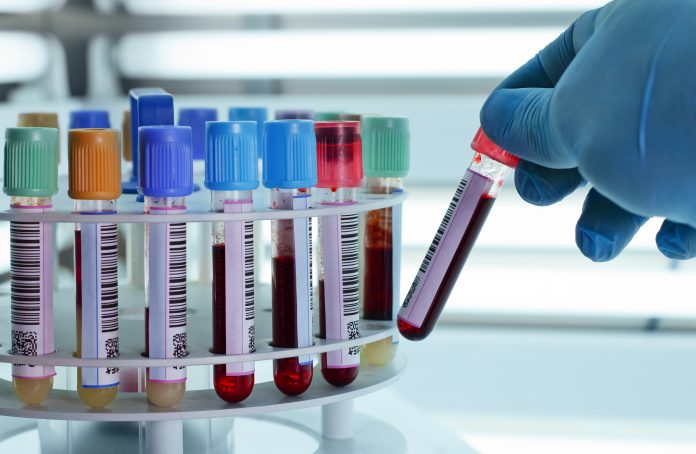Pregnant women sometimes have symptoms that could be either severe COVID-19 or preeclampsia – healthcare experts point out that time is of the essence in figuring it out
When it comes to pregnancy, severe COVID can be hugely dangerous for mother and child. The blood system in her body links a significant quantity of blood supply to the baby, creating the placenta. The placenta can become a cardiovascular risk, if there is some kind of fluctuation in blood pressure.
While vaccination now exists, they didn’t at the beginning of the pandemic. This presented a dangerous situation for pregnant people. In countries with little access to the vaccine, it continues to present a challenge to maternal mortality.
Severe COVID-19 and preeclampsia both present risks to life
Preeclampsia is an inflammatory condition that appears during pregnancy, whose cause is incredibly still unknown. There is a significant lack of understanding about many health issues that occur in women, such as the causation of endometriosis or the urgency of medicines such as Hormone Replacement Therapy.
But preeclampsia is a condition that affects pregnant people, that combines high blood pressure and organ dysfunction – particularly in the liver and kidney.
If healthcare experts miss preeclampsia, it can lead to severe complications. The only solution is induced delivery and placenta removal, with little to no therapeutics available.
When it comes to severe COVID-19, there can be a similar health outcome to preeclampsia. But treatments are very different – for preeclampsia, removal of the baby is crucial to survival. For severe COVID, recovery of the disease is the only way forward.
If there is a mistake in diagnosis, it can mean the difference between life and death.
Researchers say blood is the key to understanding difference between disease and virus
Dr Marta Palomo from the Josep Carreras Leukaemia Research Institute, together with a team from other institutions, questioned the extent to which preeclampsia and COVID-19 share biological characteristics.
They assessed indicators of endothelial disfunction, blood clotting, angiogenesis and immune function from blood of pregnant women with severe COVID-19 or preeclampsia, then comparing them with of healthy pregnant women’s.
The team found that there is a clear way to see the difference between COVID-19 and preeclampsia – through the blood. Differences in the blood include: angiogenesis (sFlt-1, Ang2 and P1GF), blood clotting (antigen vWF) and endothelial damage (VCAM-1 and sTNFRI) the most potent.











